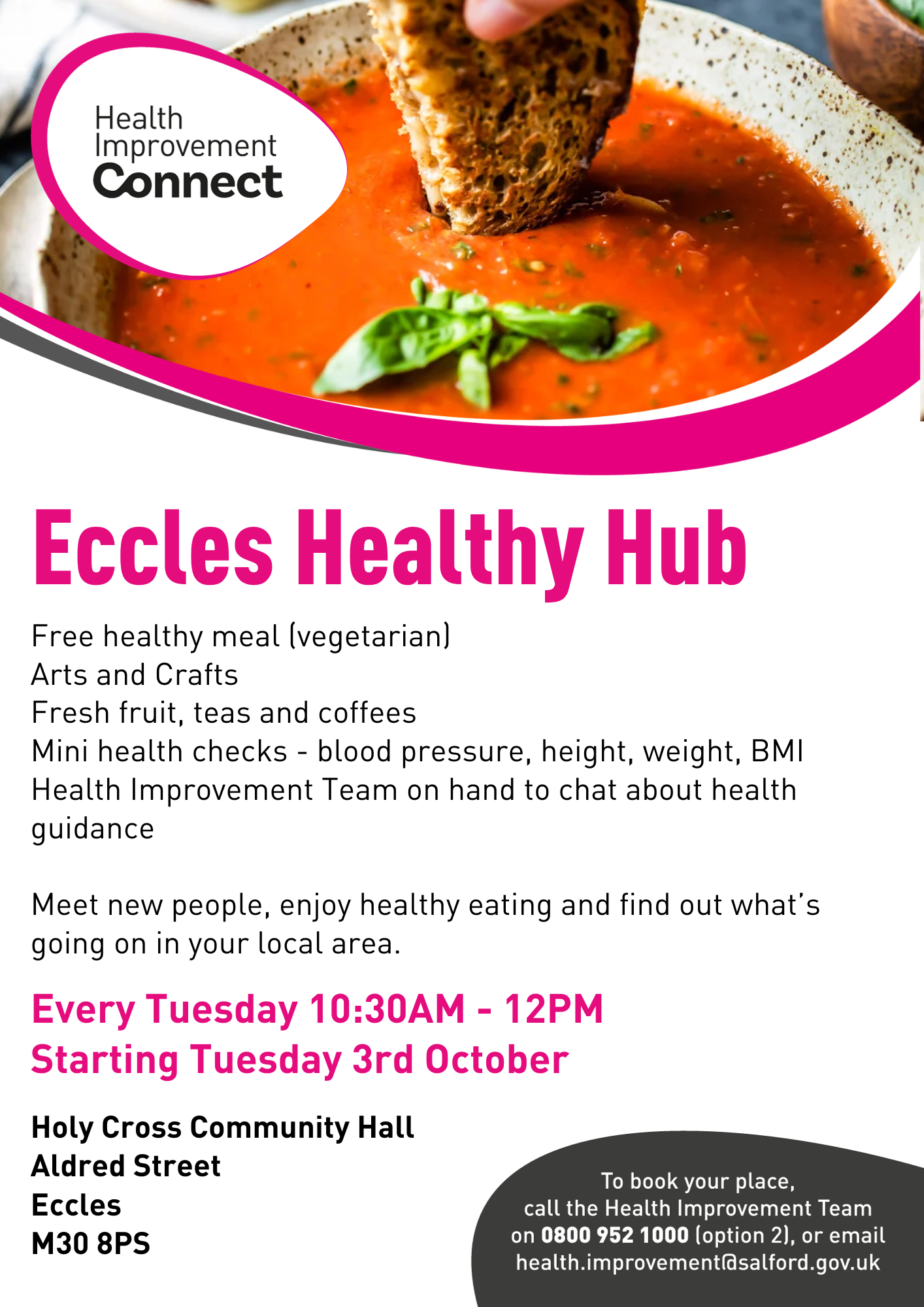
Tens of thousands of elderly and vulnerable people will receive tailored support at home as part of a new NHS plan to improve waiting times for emergency care.
Community services including falls and frailty teams will be scaled up, with up to 50,000 people a month supported by clinicians at home in high-tech ‘virtual wards’
Urgent community response teams will be scaled up to provide more patients with support at home within two hours, in recognition of the pressures facing A&E
The government and NHS England will publish an Urgent and Emergency Care Plan tomorrow to reduce waiting times and improve care for patients.
Tens of thousands of elderly and vulnerable people will receive tailored support at home each month as part of a new NHS plan to curb unnecessary trips to hospital, help at-risk patients receive faster treatment and improve ambulance response times.
It comes as the government and the NHS publish a new Urgent and Emergency Care Plan. Demand on the NHS is rising, driven by a number of factors including an ageing population with increasingly complex needs. A key part of the plan will be reforming the way the NHS provides services to adapt to the population’s changing needs, including by expanding care outside of hospitals
Falls and frailty teams mainly consists of nurses and while already in existence, this plan goes further and will see the standardisation and scaling up of these services. Building on learnings from this winter, it will ensure more services are in place in time for next winter, with local areas developing plans to do this. These teams join up care by connecting hospital expertise with emergency services and use technology to reduce the risk of falls by remotely monitoring patients. With an ageing population, falls are becoming increasingly common and some people are less able to cope and recover from accidents, physical illness or other stressful events which can lead to serious injuries, hospital admission, and subsequent moves into long term care. These services support vulnerable patients at home and in the community to remain living independently for longer, with up to 20% of emergency hospital admissions avoidable with the right care in place.
The NHS has already rolled out virtual wards – treating patients from the comfort of their own homes – with growing evidence that these are a safe and efficient alterative to hospital care, particularly for frail patients. These see patients supported by clinicians to recover in the comfort of their own home, rather than in hospital – and has increased the number of patients that can be cared for in this way by 7,000, a 50% increase since last summer. Another 3,000 ‘hospital at home’ beds will be created before next winter and the plan will include an ambition to see up to 50,000 people supported a month.
High tech virtual wards currently support frail elderly patients or those with acute respiratory infections and cardiac conditions. Patients are reviewed daily by the clinical team who may visit them at home or use video technology to monitor and check how they are recovering.
Health and Social Care Secretary Steve Barclay said:
Quote
The health and care service is facing significant pressures and while there is no quick fix, we can take immediate action to reduce long waits for urgent and emergency care.
Up to 20% of hospital admissions are avoidable with the right care in place. By expanding the care provided in the community, the most vulnerable, frail and elderly patients can be better supported to continue living independently or recover at home.
This includes rolling out more services to help with falls and frailty as well as supporting up to 50,000 patients a month to recover in the comfort of their own homes. Not only will patients benefit from better experiences and outcomes, it will ease pressure on our busy emergency departments.
NHS Chief Executive Amanda Pritchard said:
Quote
The NHS has faced unprecedented pressure this winter – with the “twindemic” of flu and Covid becoming a reality, alongside surging demand for all services, from GP appointments to A&E attendances and ambulance call outs.
Our extensive planning ahead of winter has helped to boost capacity – from extra 111 and 999 call handlers, to new falls services and more beds - and we now aim to build on that progress to help speed up care and improve the experiences of patients.
Boosting care in the community and treating more people at home is key to recovery – it is better for patients and their families, as well as easing pressure on NHS services.
Urgent community response teams will also be scaled up to increase the number of referrals and patients seen by a range of health and social care professionals within two hours, with services running 12 hours a day. According to the latest data, across the country, over 80% of patients referred were seen within two hours. These teams work with 111 and 999 services to provide urgent care to people in their homes, avoiding the need for hospital admissions and enabling people to live independently for longer, backed by a planned £77 million investment to support systems to continue to improve community health services in 2023-24.
Falls and frailty services have already been shown to improve patients’ experiences and reduce pressure on urgent and emergency departments. For example, South Warwickshire University NHS Foundation Trust has rolled out an integrated frailty service linking up emergency services and hospitals.
As part of this, ambulance crews who are with the patient at their home can arrange a remote consultation with input from a consultant to agree the best course of action - from monitoring on a virtual ward to a face-to-face assessment. Thanks to this approach, there has been a 16% reduction in the number of patients aged over 75 being taken to hospital in an ambulance, enabling frail older adults to recover at home where that is best for them.
Taken together, these measures will help improve experiences for patients across the country and make it easier to access the right health or social care, all while reducing pressure on hospitals and preparing the NHS for future challenges. This will be backed by up to £14.1 billion available for health and care services over the next two years – the highest spend in any government’s history – which was announced in the Autumn Statement.
Cllr James Jamieson, Chairman of the Local Government Association, said:
Quote
We are pleased to see the focus on expanding community health and care services and the recognition of the importance of therapy and recovery support to get people back home following discharge.
Collaboration and a focus on outcomes will be key to successful delivery of the plan.
Sarah McClinton, President of ADASS said:
QuoteWe recognise the importance of expanding and joining up health and care in people’s homes to stop them needing to go into hospital and enabling people to leave hospital safely with therapies and support to recover. Key to achieving this will be co-producing plans across health and social care and investment in the workforce in social care and community services and we look forward to engaging with this.







Recommended Comments
There are no comments to display.
Create an account or sign in to comment
You need to be a member in order to leave a comment
Create an account
Sign up for a new account in our community. It's easy!
Register a new accountSign in
Already have an account? Sign in here.
Sign In Now